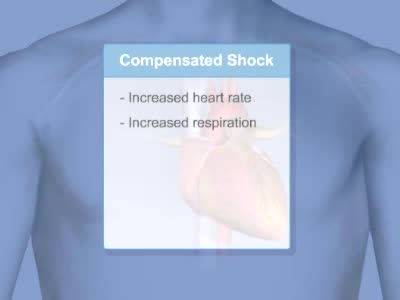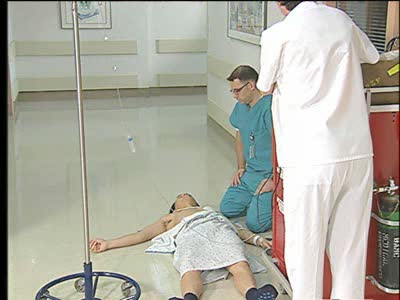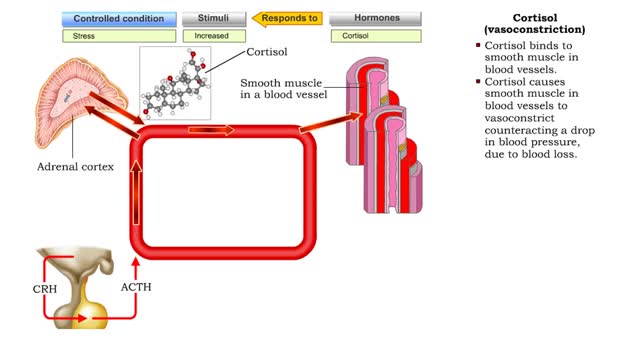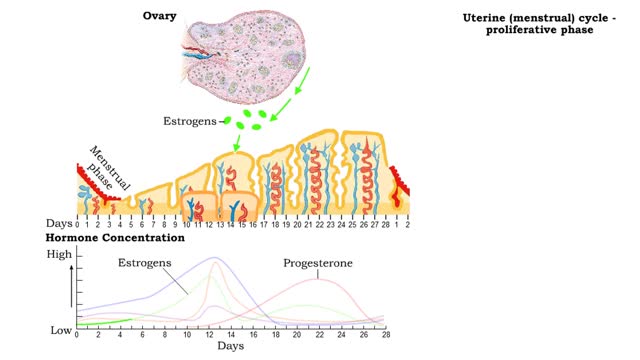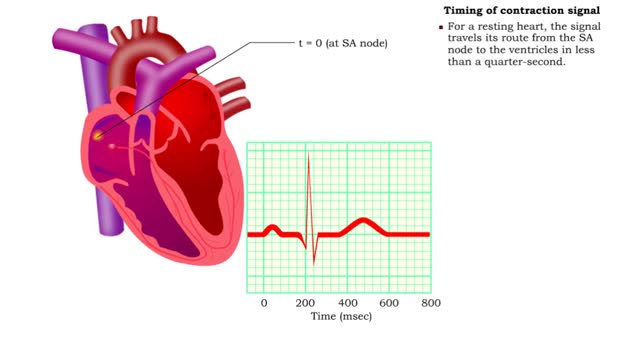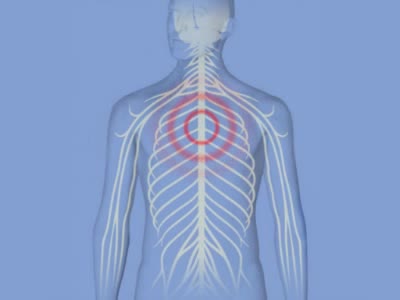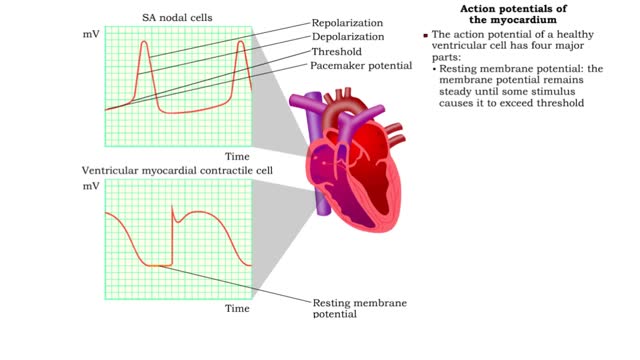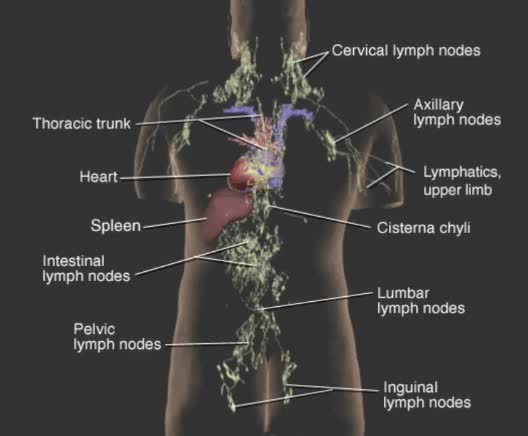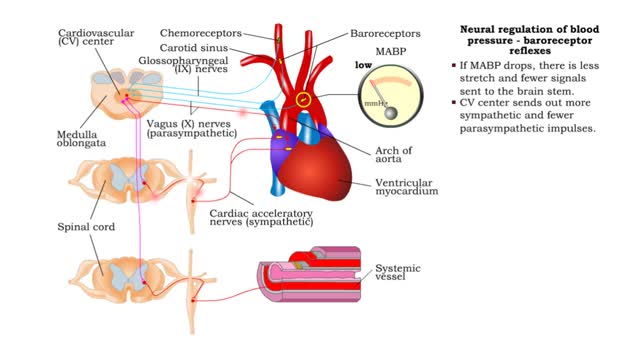Search Results
Results for: 'Blood Flow through the Human Heart'
By: Administrator, Views: 14013
Shock is a life-threatening condition in which delivery of oxygen to the organs is low, causing organ damage and sometimes death. Blood pressure is usually low.
Automated external defibrillator (AED)
By: Administrator, Views: 14457
An automated external defibrillator (AED) is a portable electronic device that automatically diagnoses the life-threatening cardiac arrhythmias of ventricular fibrillation and pulseless ventricular tachycardia, and is able to treat them through defibrillation, the application of electricity which...
Cortisol (protein catabolism, gluconeogenesis, vasoconstriction & anti-inflammation)
By: HWC, Views: 11044
• Stressors stimulate production of hypothalamic releasing hormones, corticotropin releasing hormone, hormone (CRH) and adrenocorticotropic hormone (ACTH) stimulate. • These hormones promote increased production of 1 cortisol from the zona fasciculata cells of the adrenal cortex. • Cort...
Uterine (menstrual) cycle - phases
By: HWC, Views: 11243
• The uterus goes through a cyclical developmental pattern to be ready for implantation and support of an embryo. • The uterine, or menstrual, cycle is under the control of ovarian horrnones. • The uterine cycle also has three phases: • Menstrual phase • Proliferative phase �...
Coaductile pathway, Timing of contraction signal & Conduction system and ECG
By: HWC, Views: 11549
• When the system is healthy, the signal to contract the entire conduction system originates in the SA node - known as the heart's pacemaker. • The SA node triggers contraction because it depolarizes at a faster rate than other parts of the conduction system. • The wave of excitation fr...
By: Administrator, Views: 14260
Shock is a life-threatening condition in which delivery of oxygen to the organs is low, causing organ damage and sometimes death. Blood pressure is usually low.
Depolarization of the SA node, Action potentials of the myocardium & ANS effects
By: HWC, Views: 11223
• A typical contractile cell in the myocardium has a resting membrane potential. • The resting membrane potential of cells in the SA node is not fixed, and is known as the pacemaker potential. • The action potential of a healthy SA nodal cell has three parts: • Pacemaker potential: ...
By: Administrator, Views: 587
Blood and lymph are two of the body's main fluids and are circulated through two separate but interconnected vessel systems. Blood is circulated by the action of the heart, through the circulatory system consisting largely of arteries, veins, and capillaries. Lymph does not actually circulate. ...
Neural regulation of blood pressure - baroreceptor and chemoreceptor reflexes
By: HWC, Views: 11698
• The nervous system regulates blood pressure with two reflex arcs: baroreceptor and chemoreceptor. ■ Baroreceptors (pressure) and chemoreceptors (chemical) are located in the carotid sinus and aortic arch. • Carotid sinus reflex helps maintain normal blood pressure in brain. • Ba...
Advertisement



